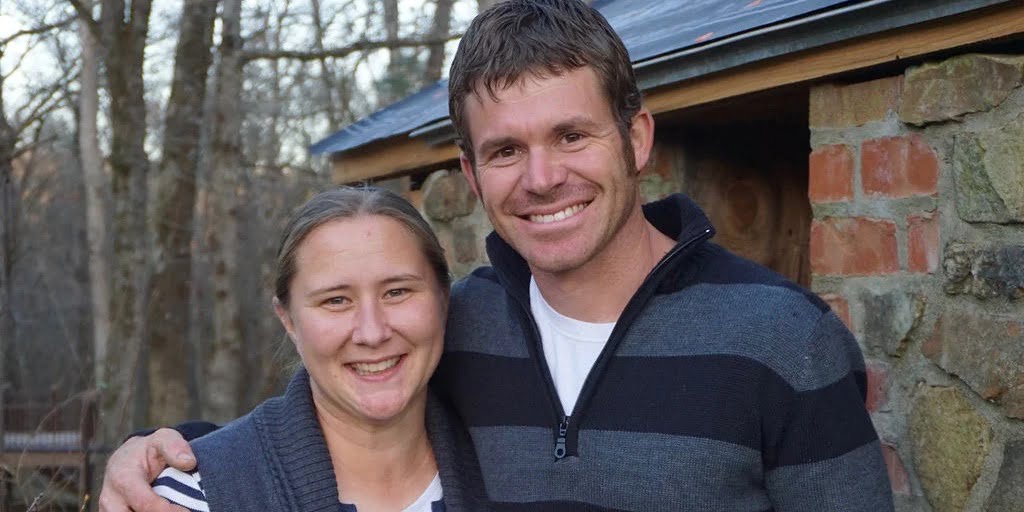Gary Steiner is the co-owner and operator, alongside his wife, Abigail, of Bee-utiful Farm & Garden, nestled in Hendersonville, NC. The couple offers a CSA (or Community Supported Agriculture) program year round, as well as guided farm tours and school field trip opportunities.
What are the main benefits of participating in a CSA?
A couple of things: Supporting local agriculture. That’s huge! Food security is national security. Another benefit is for families, especially children, to be creative and try something new. We’re creatures of habit and sometimes are too stubborn to try something new, but all it takes is that little nudge for people to try it out.
How are CSAs beneficial to farmers?
Secure income. Yes, you have to have the produce, but the income is there with commitment. We heavily rely on the security that CSA offers and what it brings in terms of revenue on the farm., It’s reliable income without worrying too much.
How does Bee-utiful Farm and Garden’s CSA work?
Our model is typically a monthly payment, but we offer weekly or biweekly payments as well. Pick up is every Tuesday at our farm. We typically get 25 customers, maybe more depending on the CSA season. Each of the CSA boxes are $32, which includes 8 to 16 different varieties of produce we grow. Sometimes in the summer season, when we have more produce to offer, prices of our CSA boxes will fluctuate a bit due to higher demand and overall value.
Who is the right customer for a Bee-utiful Farm and Garden CSA?
Anyone! We enjoy having other young families bringing the children out. Tuesday afternoons get busy. It’s a very joyous atmosphere where everyone gets together, networks, and relaxes while being exposed to all the variety of produce we grow. CSAs aren’t just what’s inside the box, but the experience, the ability to understand where your food comes from, how it’s grown and who grows it. That’s something people have been removed from.
Do you have tips on cooking with a CSA that you’ve shared with CSA members?
My wife, Abigail, had this wonderful idea, where she gives a preview to customers several days prior to CSA pick-up of what’s included within the box. She’ll suggest a recipe and add the recipe to the boxes when pick-up arrives. A recipe that I’ve personally enjoyed was the eggplant parmesan dish. We love receiving feedback from our customers, while providing them the ability to change their perspective of what they thought a certain produce taste like.
Can you describe a typical share throughout the CSA season?
In May, we start to harvest our greens—kale, spinach, salad greens. In June, we harvest squash, cucumbers, and zucchini. In July, potatoes and sweet corn. And finally within the fall season, September and October, we harvest winter squash, pumpkins, broccoli, etc. Some CSA boxes are catered to a particular variety of vegetable we grow within a particular season.
What’s fantastic about CSAs is that it keeps you creative and innovative. Customers explore different kinds of produce that they were either hesitant to try before, or weren’t exposed to at a grocery store. It definitely pushes our customers to try new produce!
Learn more about CSAs and find a farm near your! ASAP’s CSA Fair, a chance to meet CSA farmers, is March 8, from 3 to 5:30, at the YWCA of Asheville.

